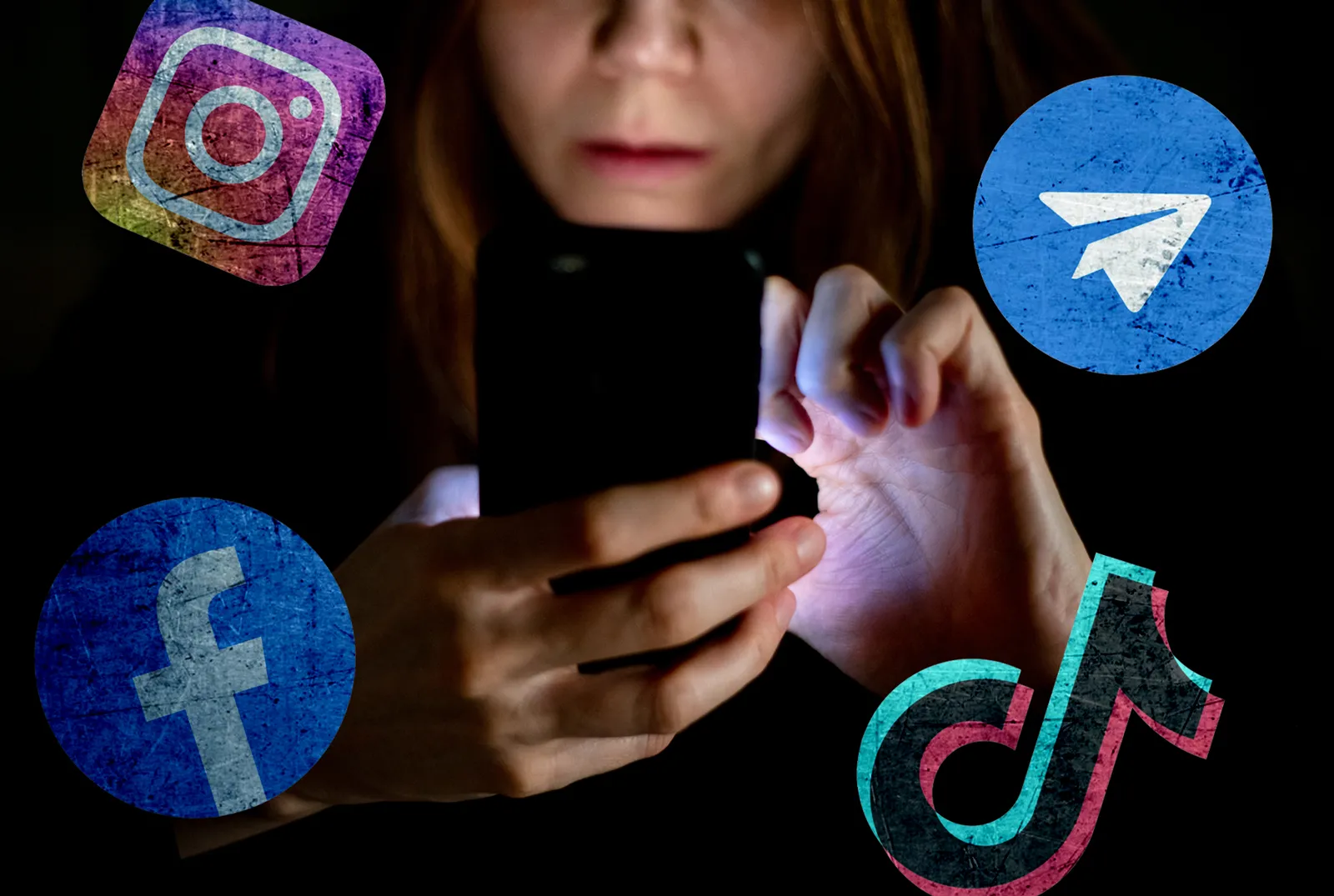The Power of Storytelling in Business Marketing

In today’s fast-paced, saturated market, businesses strive to capture the attention of their audience and stand out. One potent tool that can make a significant difference is storytelling. But what exactly is storytelling in marketing, and why is it so crucial? In this blog post, we’ll explore the concept of storytelling in business marketing, its psychological underpinnings, and how it can elevate your brand. Whether you’re an entrepreneur, a marketing professional, or a small business owner, you’ll discover practical tips and strategies to harness the power of storytelling in your marketing efforts.
The Psychology of Storytelling
Humans are wired for stories. From ancient campfires to modern social media, narratives have always captivated us. But why are stories so compelling?
Engaging the Brain
When we hear a story, our brains go beyond processing words—they simulate the experiences described. This phenomenon, known as “neural coupling,” allows the listener to empathize with the characters and feel the emotions conveyed. This deep engagement can transform a passive audience into active participants.
Emotional Connection
Stories evoke emotions, and emotions drive decisions. Research shows that consumers are more likely to remember and act upon marketing messages that elicit emotions. A well-told story can create a bond between the brand and the audience, fostering loyalty and trust.
Simplifying Complex Information
Stories can simplify complex information, making it more relatable and easier to understand. This is particularly valuable in business marketing, where products or services might be intricate or technical. By embedding your message in a story, you can break down barriers and communicate your value proposition effectively.
Stories that Sell
Successful brands often leverage storytelling to create memorable marketing campaigns. Here are a few examples of brands that have mastered the art of storytelling:
Apple
Apple’s “Think Different” campaign is a classic example of storytelling. The ads featured influential historical figures like Albert Einstein and Martin Luther King Jr., aligning Apple’s brand with innovation and creativity. This narrative not only highlighted the uniqueness of Apple’s products but also inspired customers to see themselves as part of a movement that challenged the status quo.
Nike
Nike’s “Just Do It” campaign weaves powerful stories of perseverance and triumph. The brand’s commercials often feature athletes overcoming challenges, resonating with audiences on a personal level. By presenting relatable heroes, Nike encourages customers to push their limits and achieve greatness.
Airbnb
Airbnb utilizes user-generated content to tell authentic stories of travel and human connection. Their “Belong Anywhere” campaign showcases real-life experiences from hosts and guests, emphasizing the brand’s mission to create a sense of belonging. These narratives build trust and foster a sense of community among users.

Crafting Your Business Story
Creating an effective business story involves more than just weaving words together. Here are some practical tips to help you develop a unique and memorable brand story:
Identify Your Core Message
Start by identifying the core message you want to convey. What values does your brand stand for? What problem does your product or service solve? Your story should reflect these elements and resonate with your target audience.
Know Your Audience
Understanding your audience is crucial for crafting a relevant story. Conduct market research to identify their needs, preferences, and pain points. Tailor your narrative to address these aspects and create a connection.
Create Relatable Characters
Characters are the heart of any story. In business marketing, your characters could be your founders, employees, or customers. Make them relatable and authentic, so your audience can see themselves in the narrative.
Incorporating Storytelling in Marketing Campaigns
Once you’ve crafted your story, it’s time to integrate it into your marketing campaigns. Here are some channels where storytelling can make a significant impact:
Social Media
Social media platforms are ideal for sharing bite-sized stories. Use Instagram Stories to showcase behind-the-scenes moments, Facebook to share customer testimonials, and LinkedIn to highlight company milestones. Visual content, such as videos and infographics, can enhance your storytelling efforts.
Email Marketing
Emails provide a direct line to your audience. Use storytelling in your email campaigns to keep subscribers engaged. Share success stories, product journeys, and personal anecdotes to create a connection with your readers.
Content Marketing
Blogs, articles, and case studies are excellent mediums for long-form storytelling. Use your brand’s narrative to create valuable content that informs and entertains your audience. Incorporate storytelling techniques, such as conflict and resolution, to make your content more engaging.
Conclusion
Storytelling is more than a marketing tactic; it’s a powerful tool that can transform your brand and build lasting connections with your audience. By understanding the psychology of storytelling, drawing inspiration from successful brands, and crafting your unique narrative, you can elevate your marketing efforts and drive meaningful engagement. Start your storytelling journey today and watch your business thrive. Remember, every brand has a story—it’s time to tell yours.







